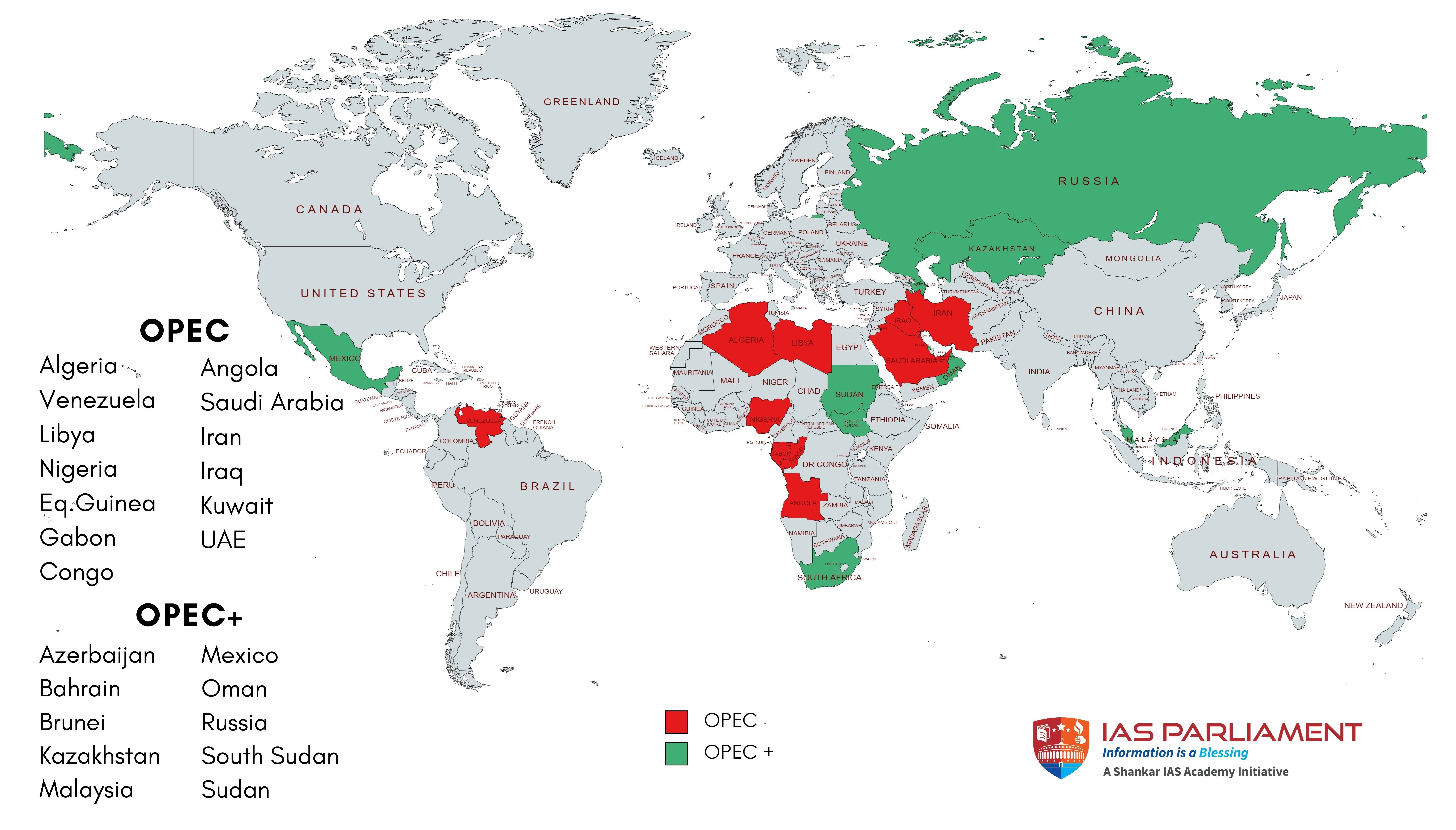7667766266
enquiry@shankarias.in
What is the issue?
The rise of prices of natural gas, coal and electricity are putting extra pressure on oil markets and boosting the demand as industries and power generators are seeking to switch to liquid fuels.
How are oil prices decided?
What are the reasons for the current oil demand?

What will be the future prospects of oil demand?
Source: Bloomberg
Quick facts
OPEC (Organization of Petroleum Exporting Countries)
